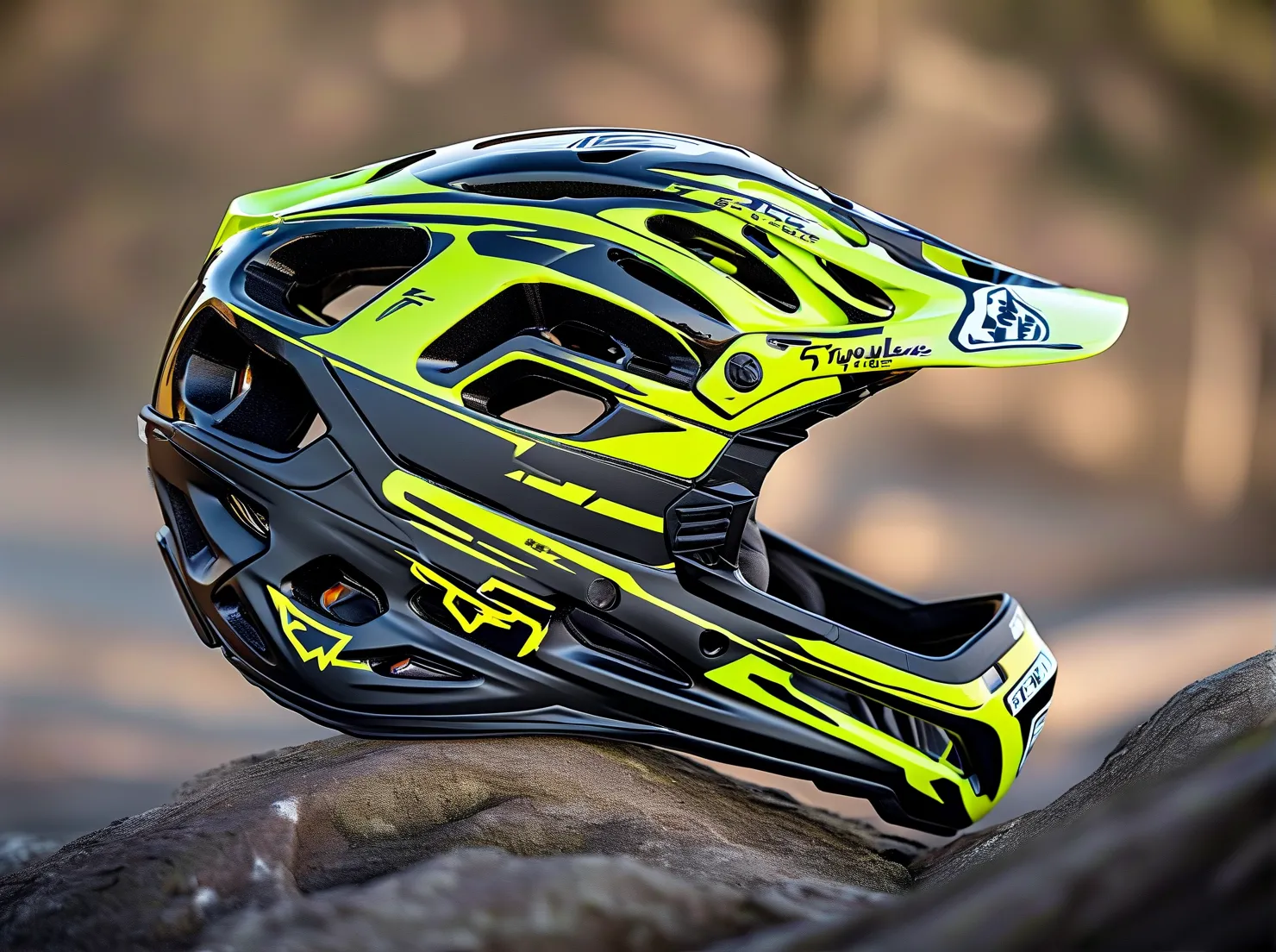Maintaining a motorcycle requires precision, durability, and the right tools for the job—but not every rider or mechanic needs the same equipment. Whether you’re a professional servicing high-performance bikes daily or a weekend warrior tackling garage projects, understanding which tools deliver value without compromise is critical. Let’s break down the essentials for both audiences, backed by industry insights and real-world testing.
Professional-Grade Tools: Built for Endurance & Precision
Professionals demand tools that withstand constant use while maintaining accuracy. Industrial torque wrenches, for example, are non-negotiable in shops. Brands like Snap-on and Matco dominate this space, offering calibrated models with ±2% accuracy—critical for engine rebuilds and suspension setups. Milwaukee’s M18 FUEL impact wrench (tested to 1,400 ft-lbs of torque) is another shop staple, reducing wheel removal time by 60% compared to manual ratchets, according to a 2023 Automotive Repair Tools Report.
Hydraulic motorcycle lifts ($1,500-$3,000 range) are another investment pros prioritize. Unlike cheaper hydraulic jacks, models from Handy Industries include safety locks and weight capacities up to 1,500 lbs—essential when working on heavyweight touring bikes.
DIY Essentials: Balancing Cost & Functionality
For enthusiasts, affordability often trumps industrial specs—but cutting corners can backfire. A study by Motorcycle Consumer News found that 73% of DIYers regretted buying ultra-cheap socket sets due to stripped fasteners. Mid-tier brands like GearWrench or TEKTON strike a balance: their 72-tooth ratchets (1/4” to 1/2” drive sets under $200) handle most maintenance tasks without breaking the bank.
Portability matters too. Aluminum motorcycle stands ($80-$150) from Pit Bull or Venom provide stability for chain adjustments or tire changes without requiring permanent garage space. For electrical diagnostics, Innova’s 3100j scan tool ($99) decodes basic OBD-II codes—sufficient for troubleshooting fuel injection issues on modern bikes.
Overlap Tools: Where Pros and DIYers Agree
Certain tools are universal. Motion Pro’s cable luber ($12) simplifies throttle and clutch maintenance for all skill levels. Similarly, JIS screwdrivers (Japanese Industrial Standard) prevent stripped heads on Hondas and Kawasakis—a $25 VESSEL megadora set saves hours of frustration. Torque adapters like Bikemaster’s T-handle ($35) ensure proper spoke tensioning whether you’re building custom wheels or fixing a wobble.
Heat guns are another crossover tool. While pros use Milwaukee’s M18 Hybrid ($199) for paint curing or shrink-wrapping harnesses, DIYers can achieve similar results with Wagner’s $50 model for occasional seat upholstery repairs.
Safety Gear: Non-Negotiable for All Users
The National Institute for Occupational Safety and Health (NIOSH) reports that 34% of motorcycle workshop injuries stem from inadequate eye protection. Wiley X SG-1 goggles (ANSI Z87+ rated) protect against chemical splashes and debris—equally vital for shop technicians and home mechanics. Fire-resistant gloves (e.g., Mechanix Wear M-Pact) also reduce burn risks during exhaust work or welding projects.
Budgeting Smartly: When to Splurge vs Save
A common mistake is overspending on niche tools early on. Professionals should prioritize core equipment first: a $800+ tire changer pays itself off after 50 replacements (vs $20 per tire at dealerships). Conversely, DIYers can rent specialty tools like steering head bearing presses from AutoZone for $30/day rather than buying $200 kits used once a year.
For diagnostic software, pros rely on dealer-level systems like Ducati’s DDS 2.0 ($3,500), while DIYers use manufacturer-specific apps (e.g., Harley-Davidson’s Service Manuals + wiring diagrams at $50/year).
Maintenance Tips to Extend Tool Life
- Clean torque wrenches after each use: Residual grease alters calibration accuracy by up to 15% over time (Snap-on field study).
- Store impact sockets separately: Mixing with chrome sockets accelerates wear due to hardness differences (ASME B107 standards).
- Lubricate ratchet mechanisms monthly: 3-in-1 oil outperforms WD-40 in reducing gear slippage (Practical Machinist durability tests).
Final Verdict
Professional mechanics need tools engineered for relentless use—investing in commercial-grade gear minimizes downtime and liability risks. DIYers should focus on versatile mid-range tools that handle frequent but less intensive tasks without sacrificing safety or performance. Regardless of your skill level, prioritizing ergonomics and verified durability ensures your toolkit grows with your expertise while avoiding costly replacements down the road.




Leave a Reply